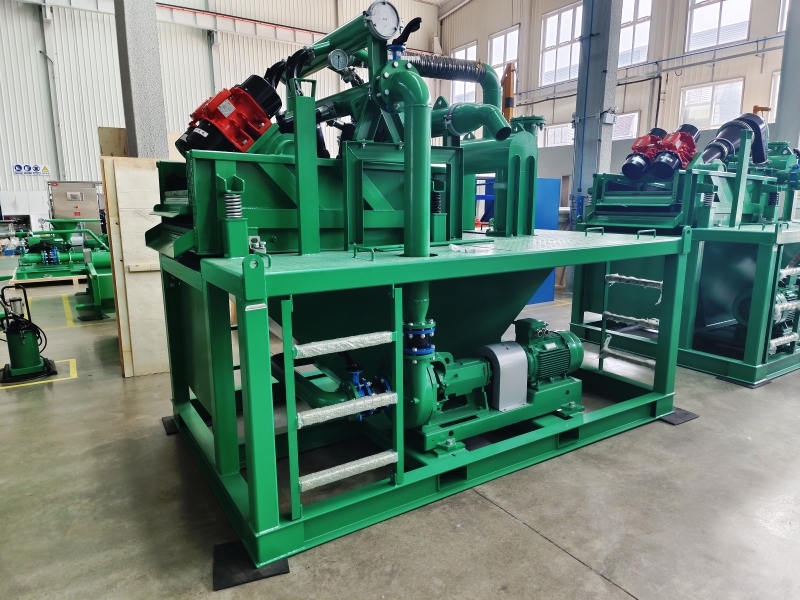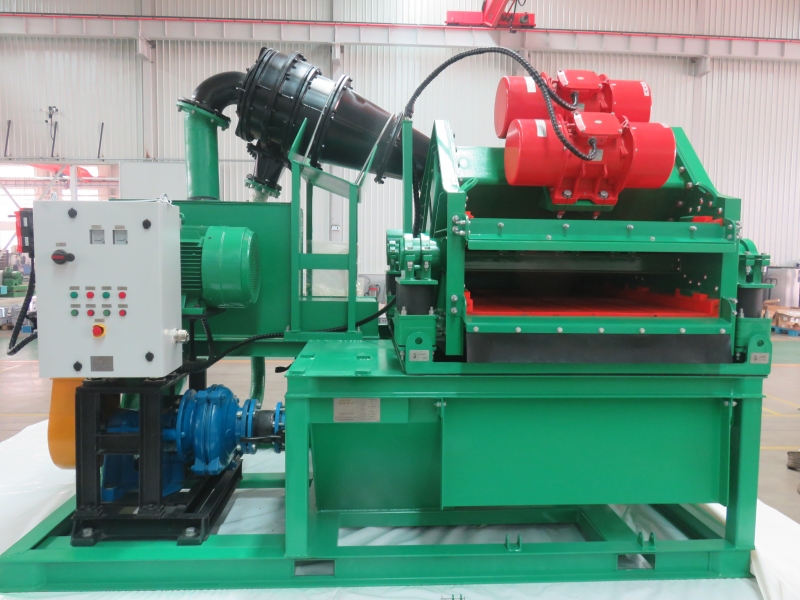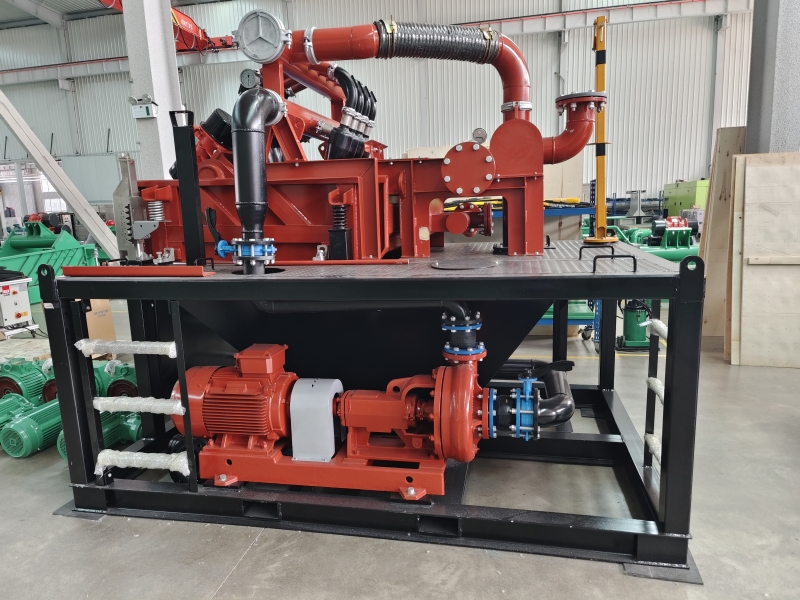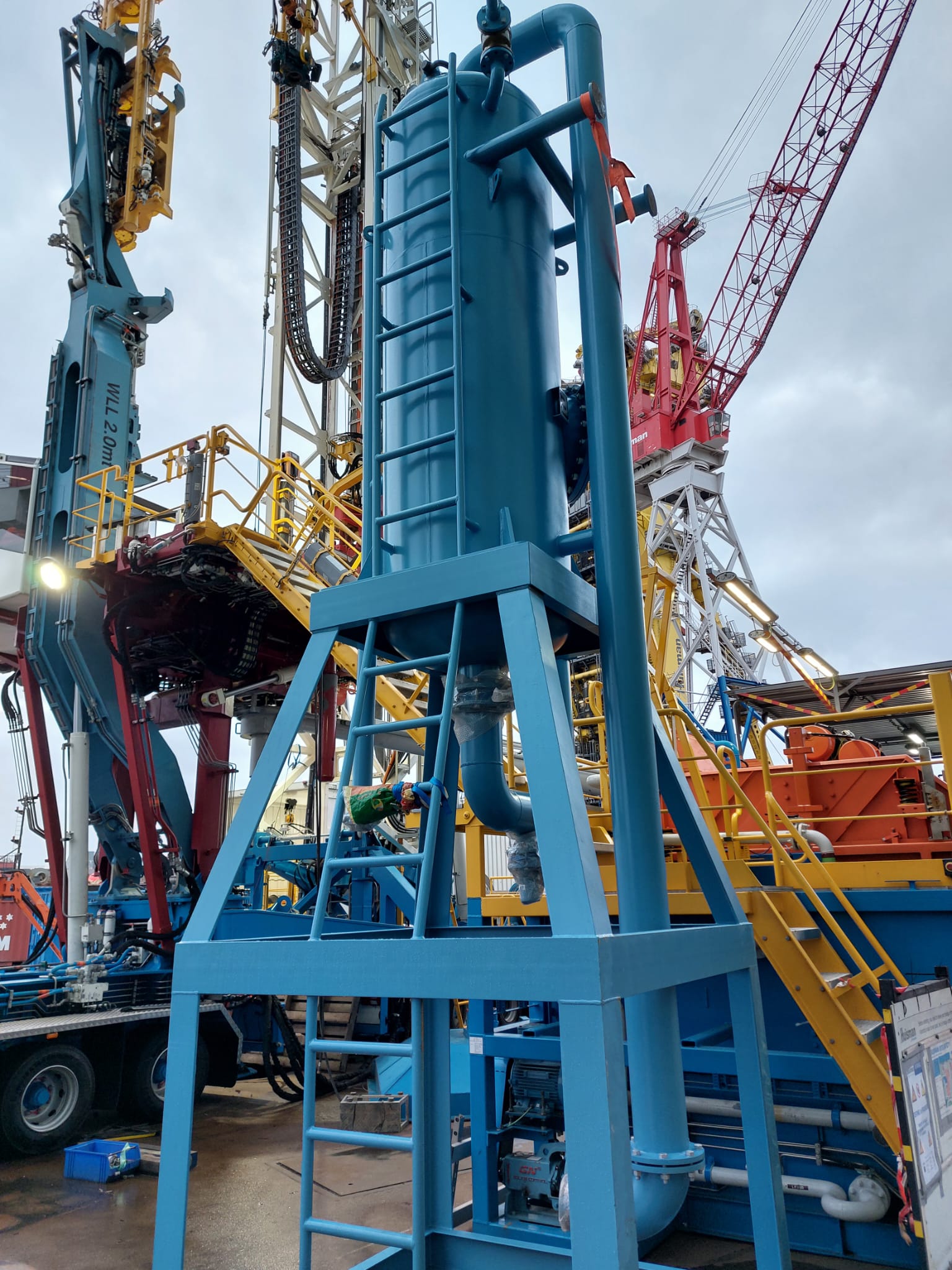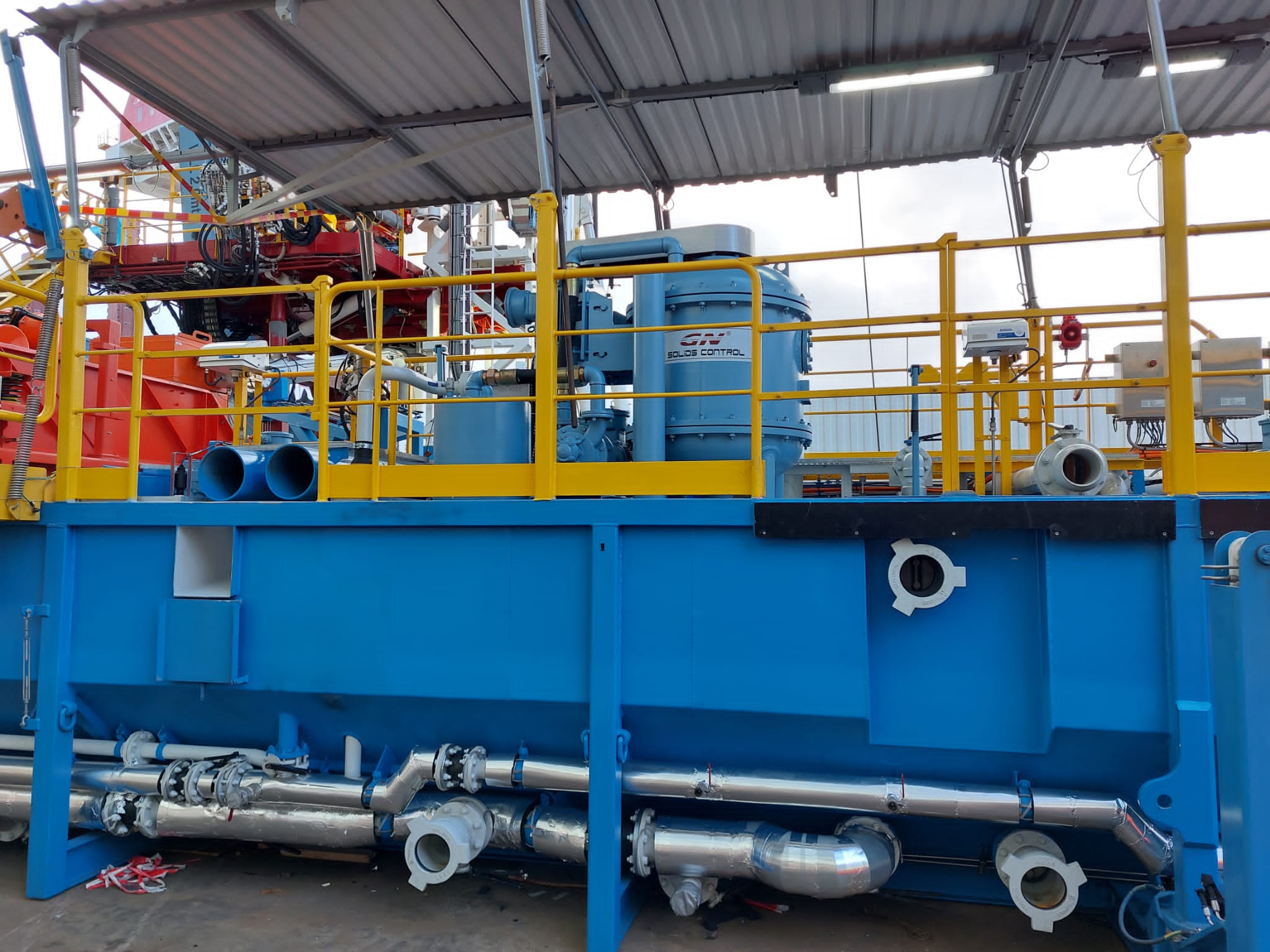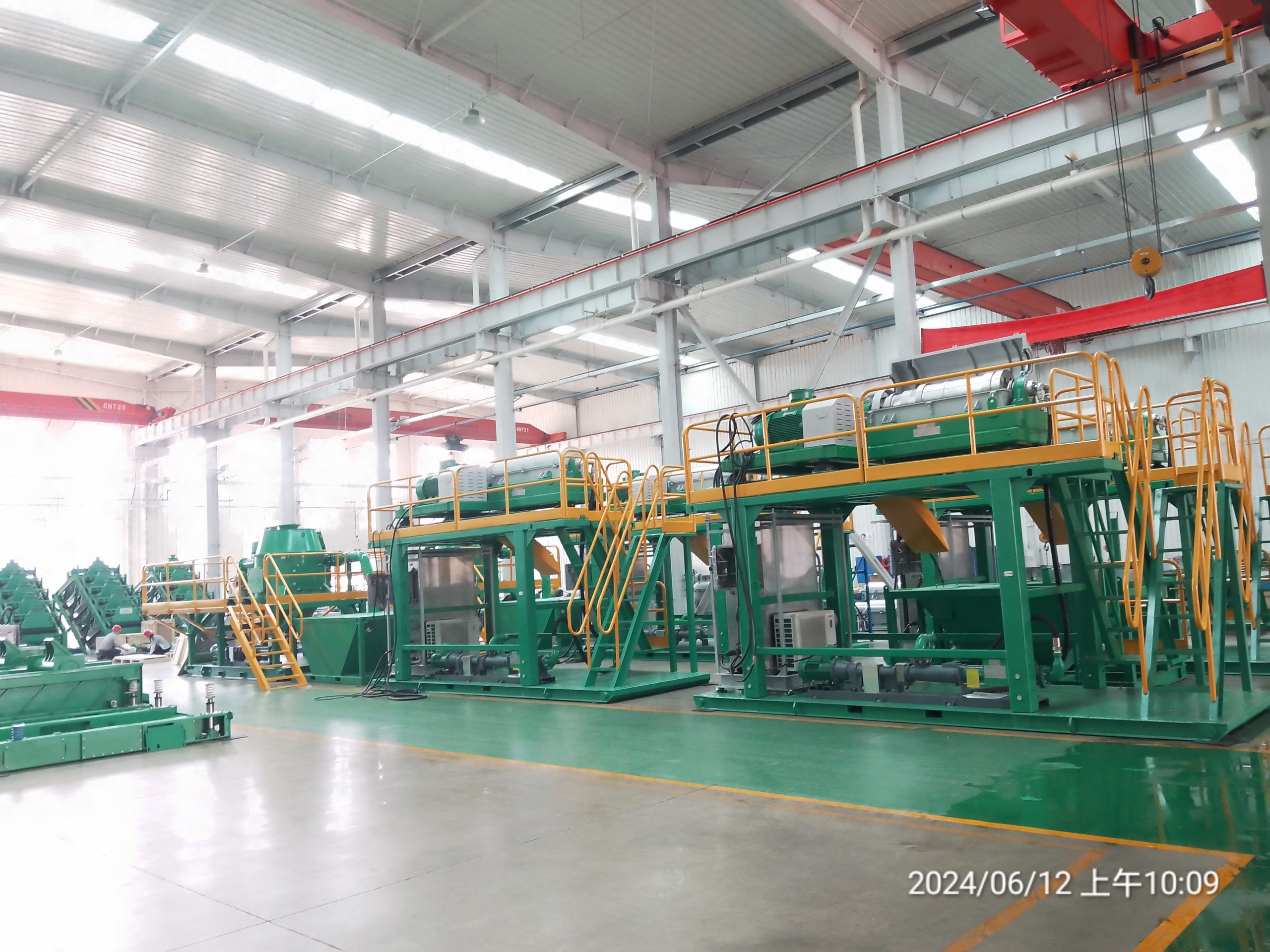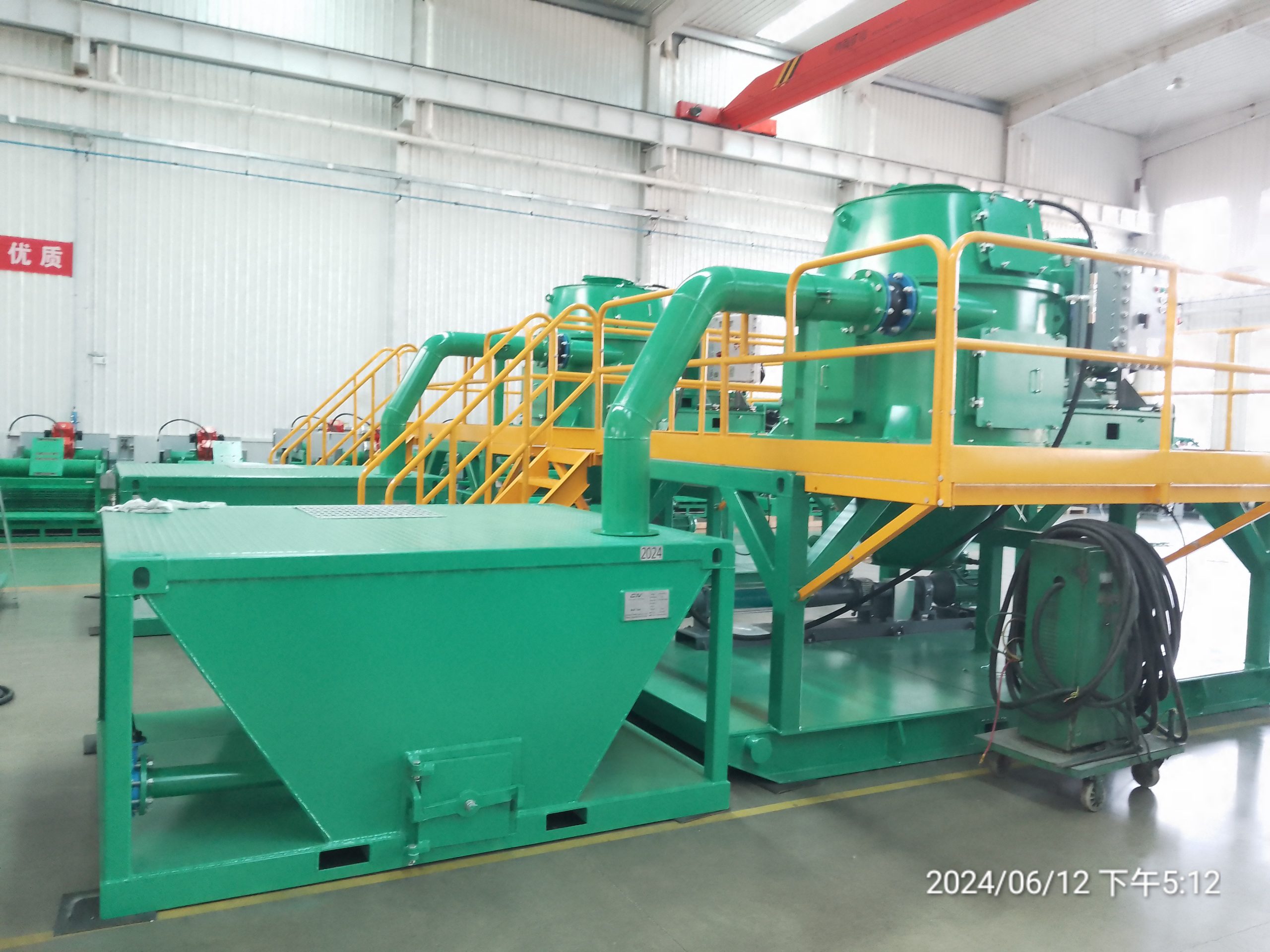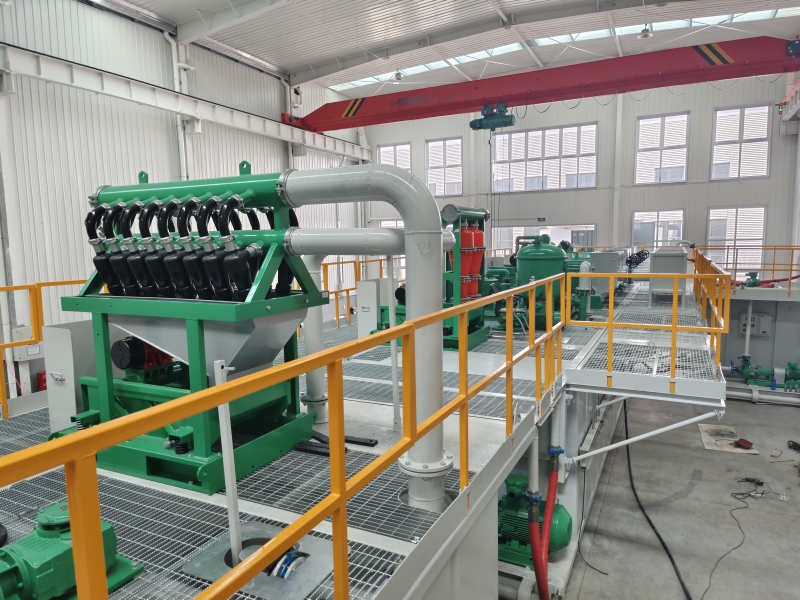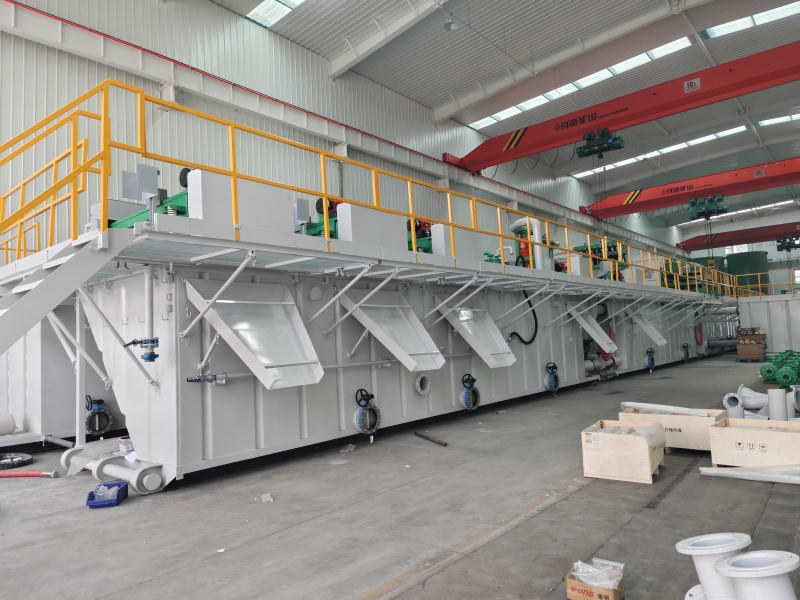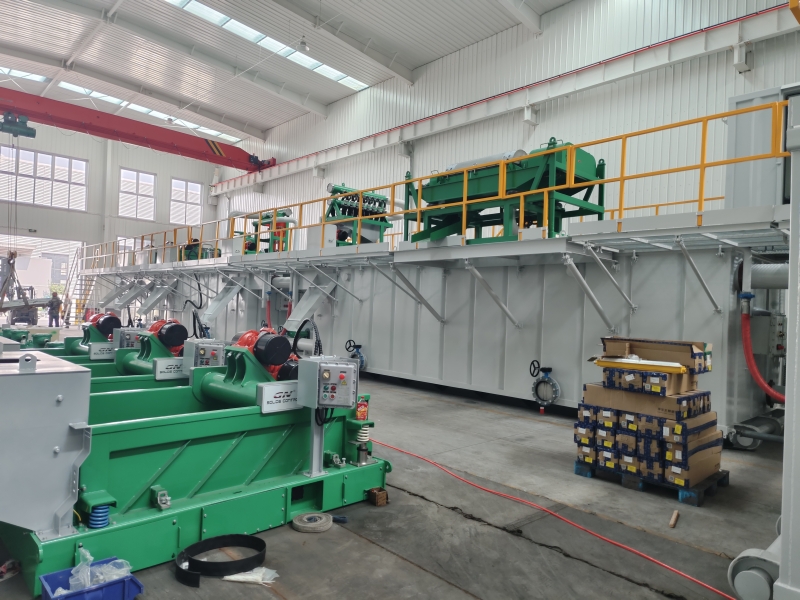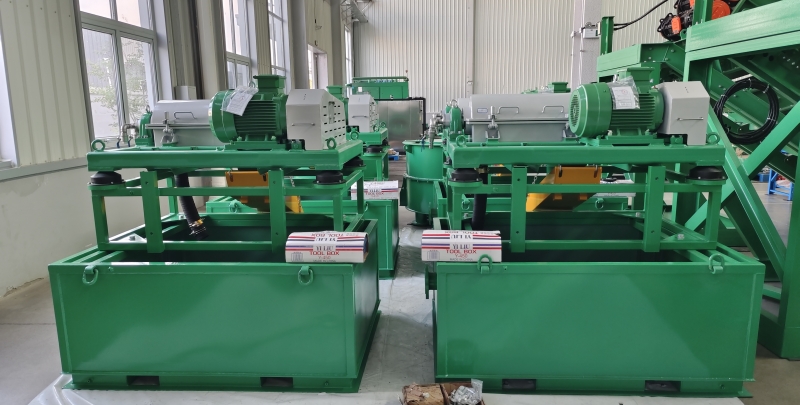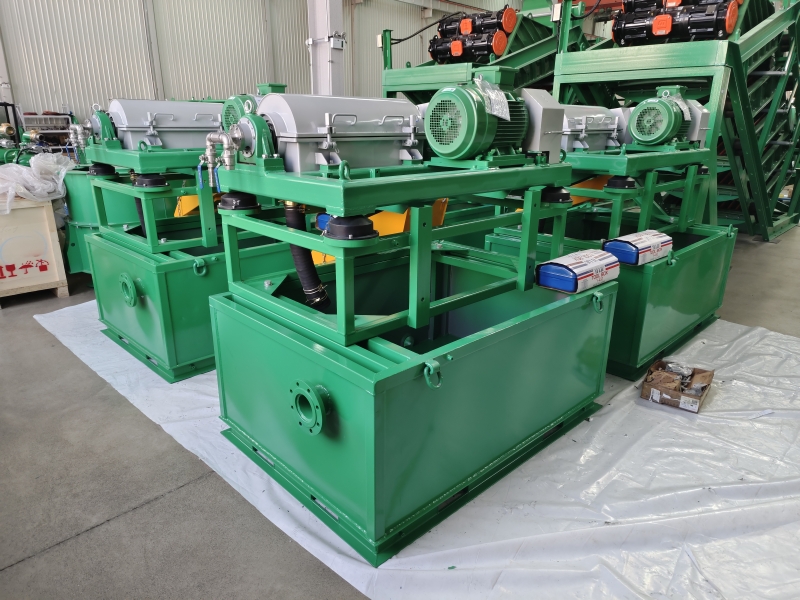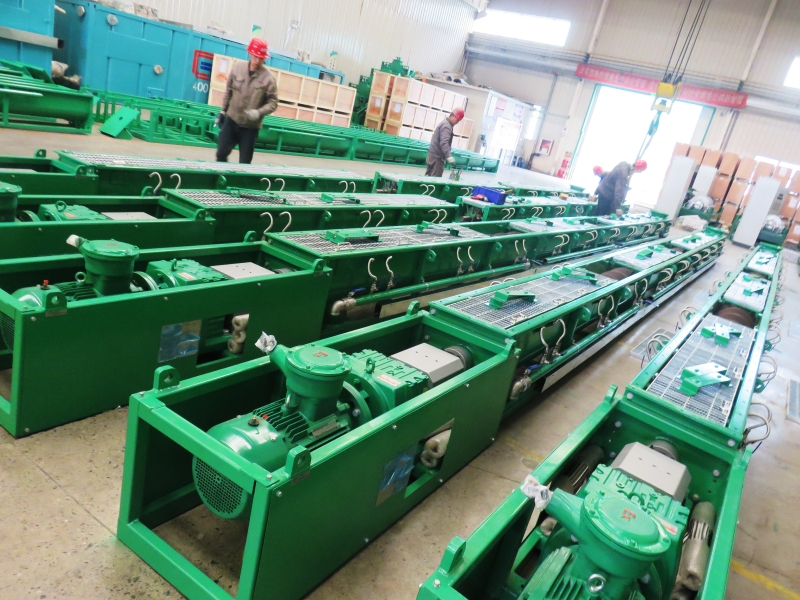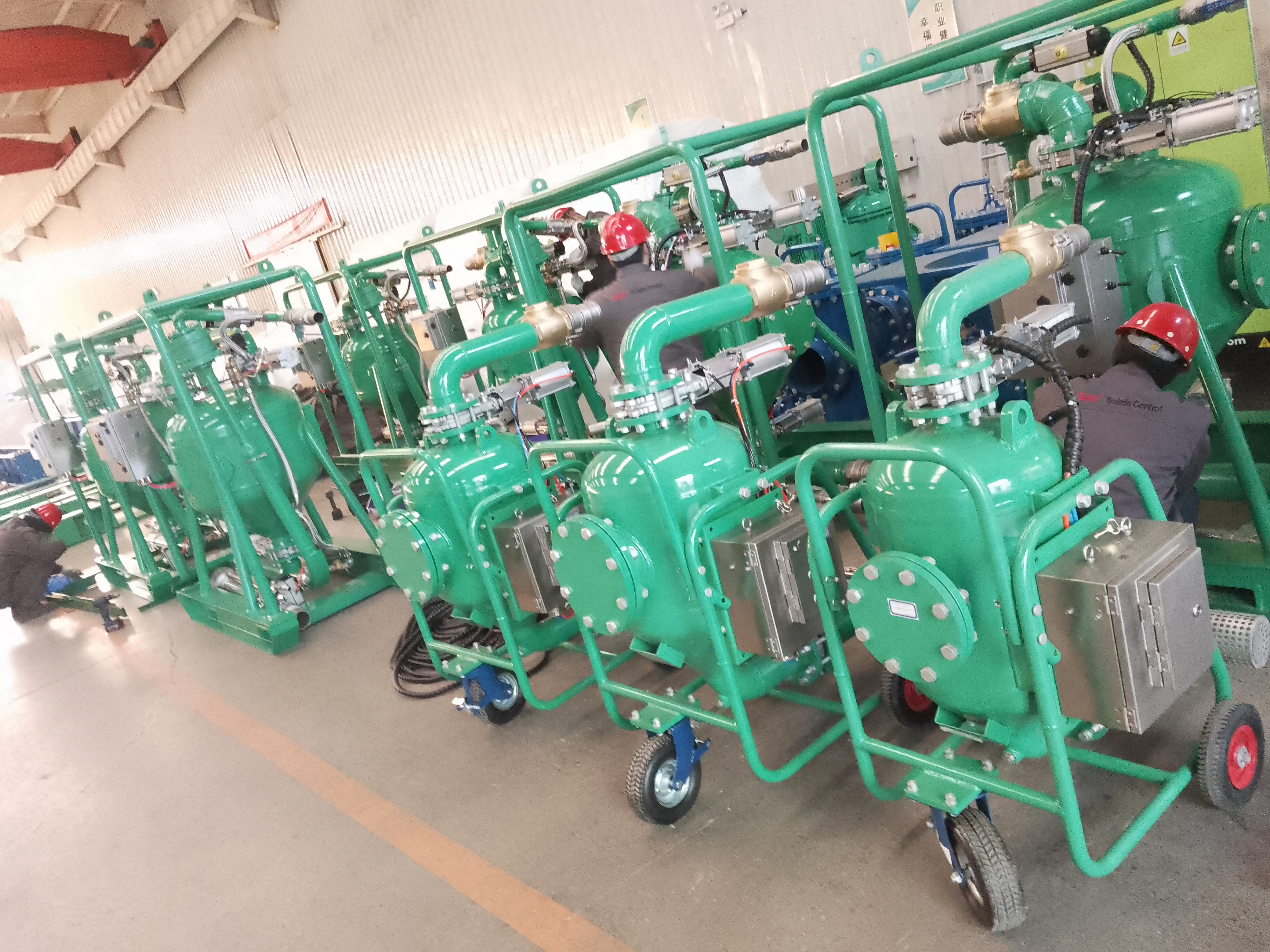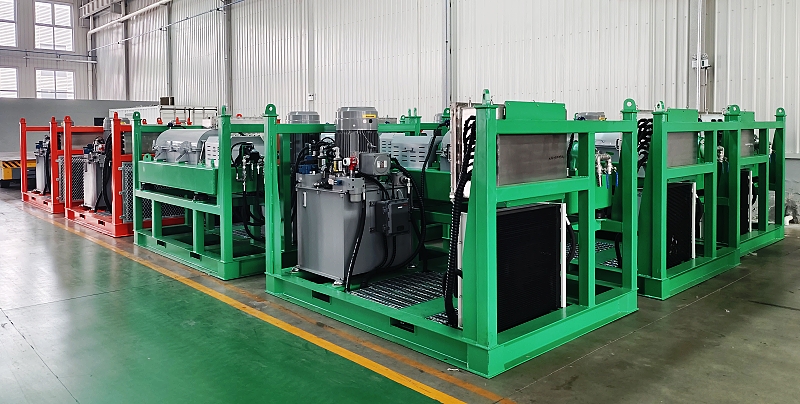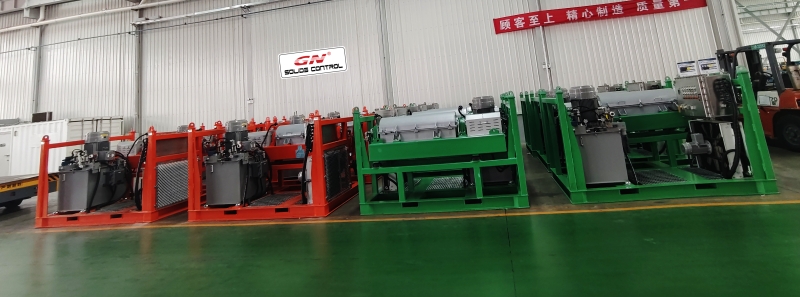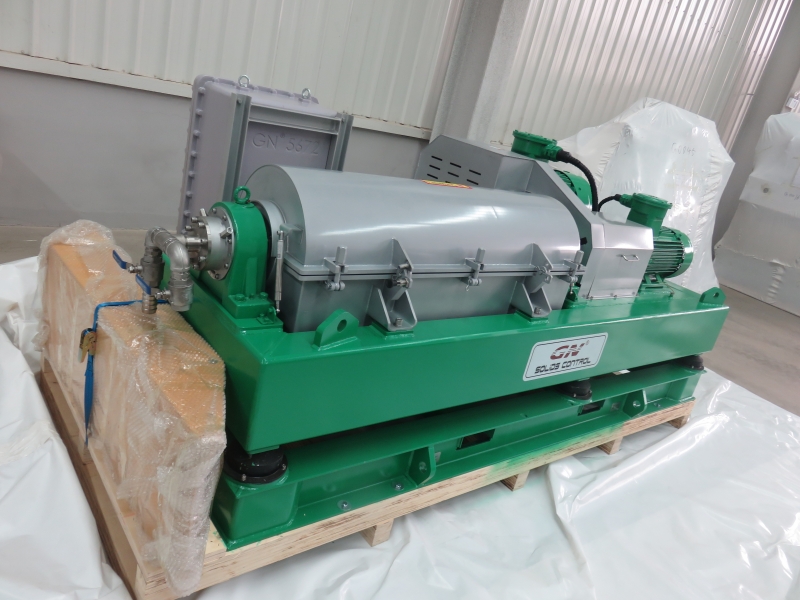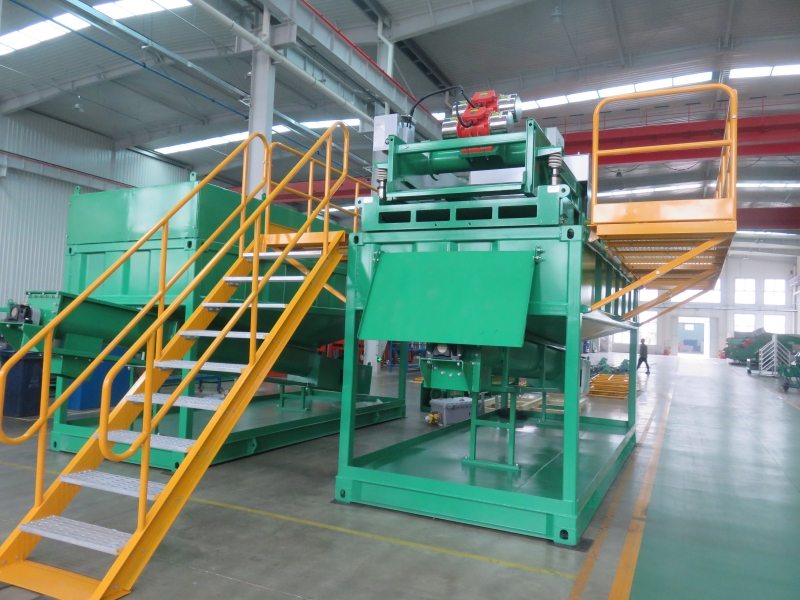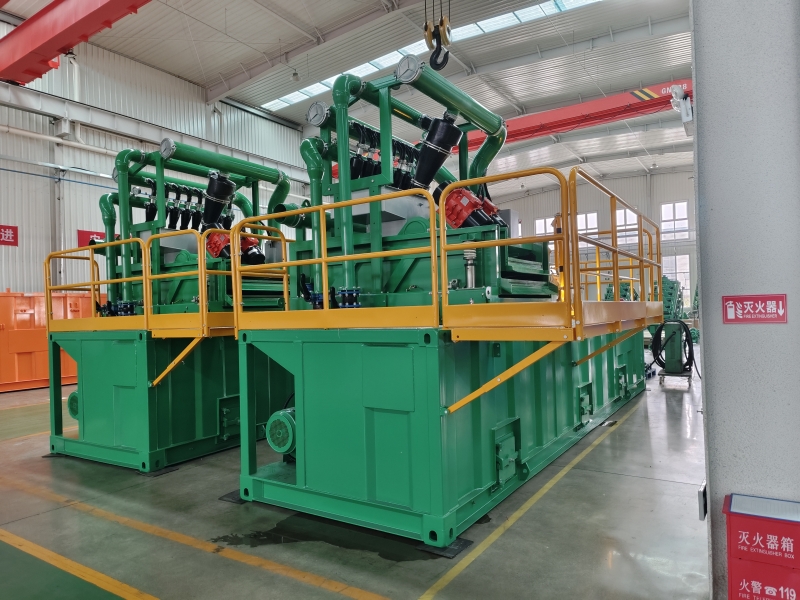
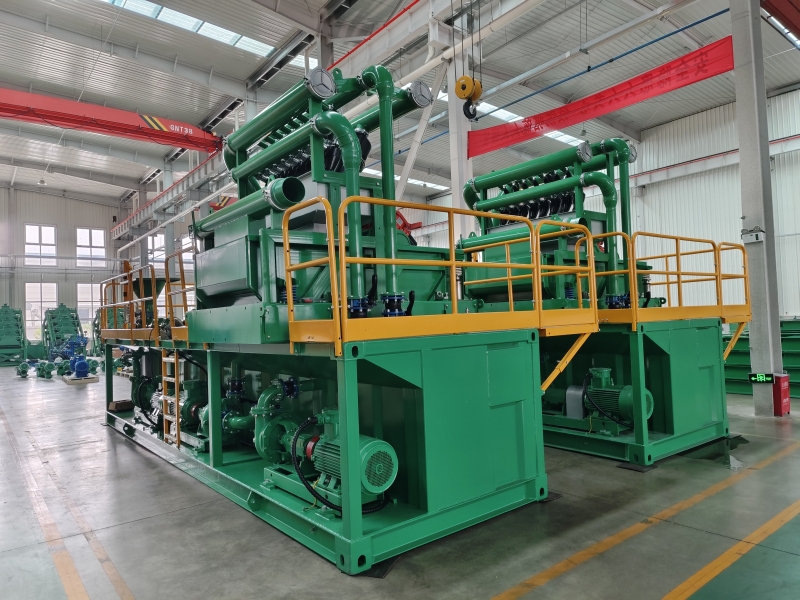
GN is a well-known brand from China, its full company name is HeiBei GN Solids Control Co.,Ltd which locadted in No.3 Industry Road, Dachang Chaobai River Development Area,Langfang, China; We are known around the world for unique innovation without compromise, sophistication while maintaining user simplicity, and superb service to our extremely wide customer base.specializing in supplying solids control& waste management equipment to the global market.
A mud recycling system is crucial in drilling operations, especially in the oil and gas industry, as well as in horizontal directional drilling (HDD) and tunneling projects. It helps manage and recycle drilling fluids (commonly referred to as mud) used in the drilling process. The primary purposes of a mud recycling system include:
- Reducing Waste: By recycling drilling mud, the system reduces the amount of waste that needs to be disposed of, which is both environmentally friendly and cost-effective.
- Cost Savings: Recycling drilling fluids reduces the need for fresh mud, thereby cutting down on the cost of buying new materials.
- Improving Efficiency: Clean, well-maintained mud ensures better drilling performance and extends the life of drilling equipment by reducing wear and tear.
- Environmental Protection: Properly managed mud recycling systems prevent the release of harmful drilling fluids into the environment.
Components of a Mud Recycling System
- Shale Shakers: These are used to remove large solids (cuttings) from the drilling fluid. The fluid passes through a vibrating screen that separates the cuttings from the liquid.
- Hydrocyclones: These devices use centrifugal force to remove finer particles from the drilling fluid. They consist of desanders and desilters, with desanders targeting larger particles and desilters handling smaller ones.
- Mud Cleaners: These combine the functions of shale shakers and hydrocyclones to further clean the drilling fluid.
- Centrifuges: These are used to separate fine solids from the drilling fluid by spinning it at high speeds, which forces the solids to the outer edges.
- Mud Tanks: These are used to store the cleaned drilling fluid before it is recirculated back into the drilling operation.
- Agitators: These are installed in mud tanks to keep the drilling fluid homogeneous and prevent solids from settling.
- Pumps: These are used to move the drilling fluid through the system and back to the drilling rig.
- Mixing Hoppers: These are used to add new chemicals or additives to the drilling fluid to maintain its properties.
Process Flow in a Mud Recycling System
- Collection: The used drilling fluid is collected from the drilling operation and directed into the mud recycling system.
- Primary Separation: The fluid first passes through shale shakers to remove the largest cuttings.
- Secondary Separation: The fluid then goes through hydrocyclones (desanders and desilters) to remove finer particles.
- Fine Separation: Centrifuges further clean the fluid by removing very fine solids.
- Storage and Conditioning: The cleaned fluid is stored in mud tanks where it may be treated with additives as needed.
- Recirculation: The cleaned and conditioned fluid is pumped back into the drilling operation.
By maintaining a clean and efficient drilling fluid system, a mud recycling system ensures optimal drilling performance, reduces environmental impact, and lowers operational costs.
For our equipment brochure or more info, please visit our unique official website: www.gnsolidscontrol.com
MichaelSong
Sales manager
Whatsapp:+86 17801799913
